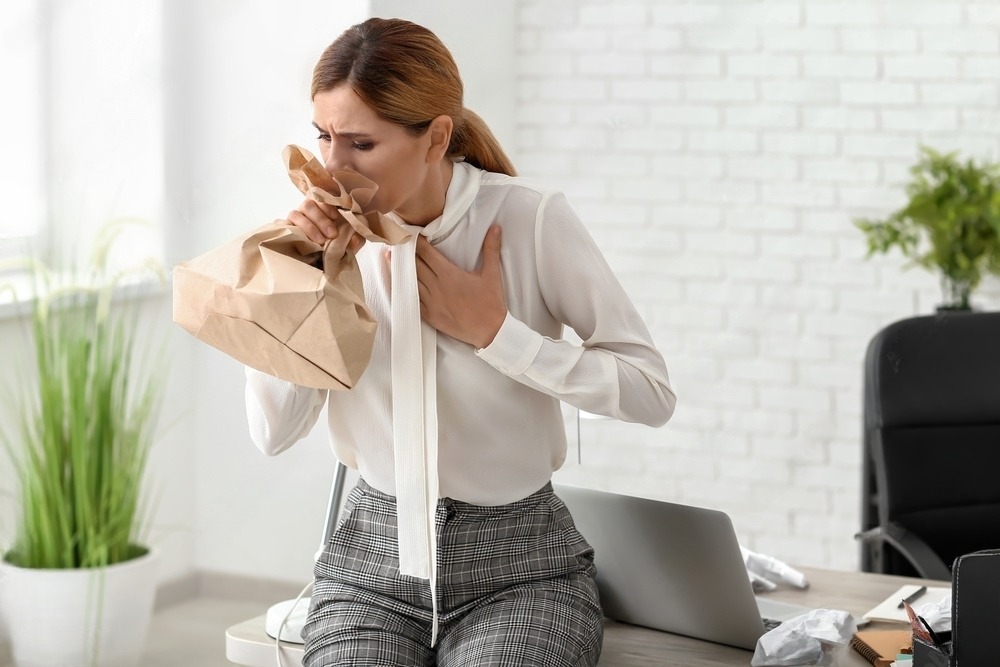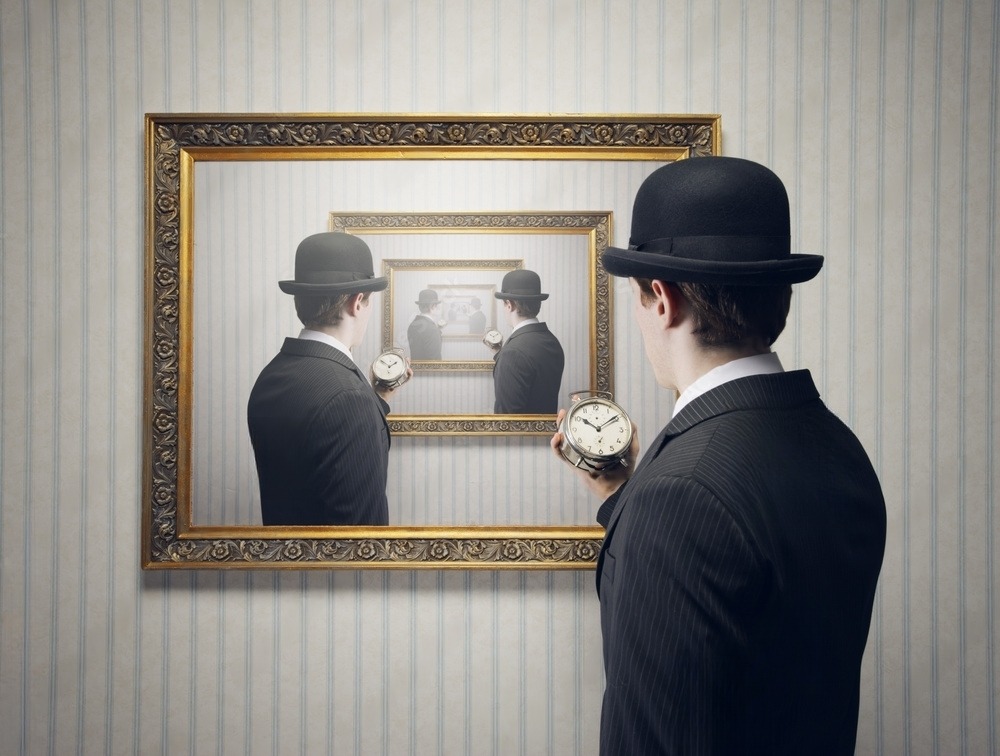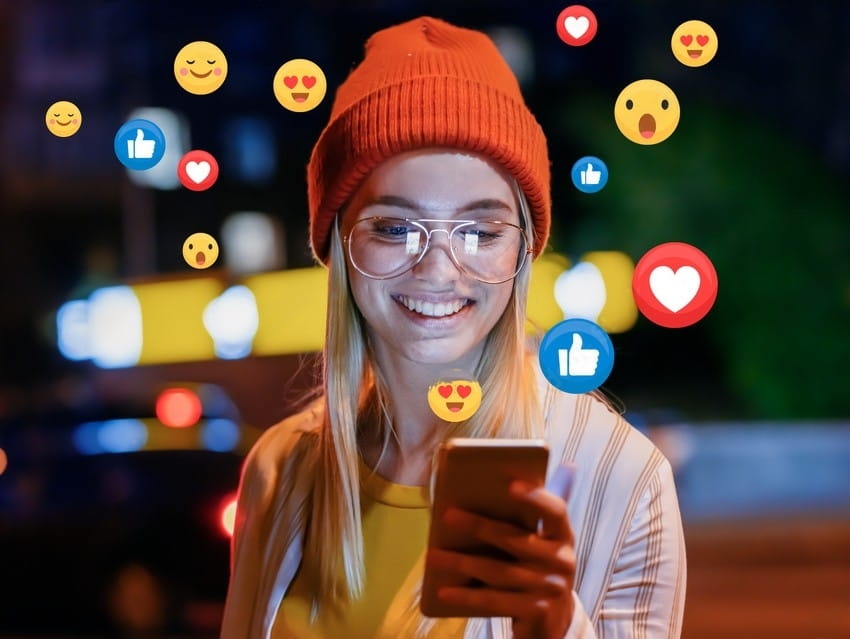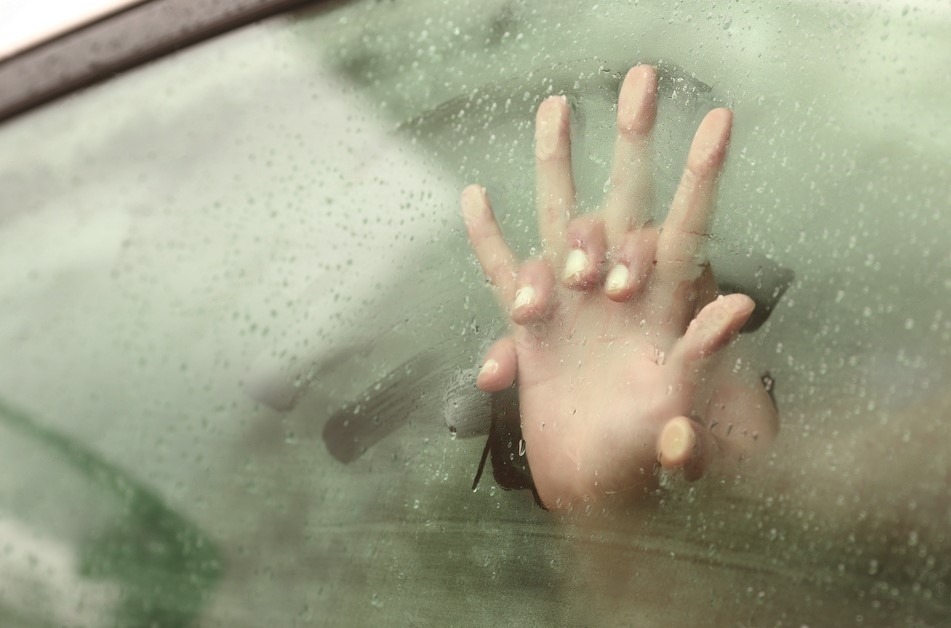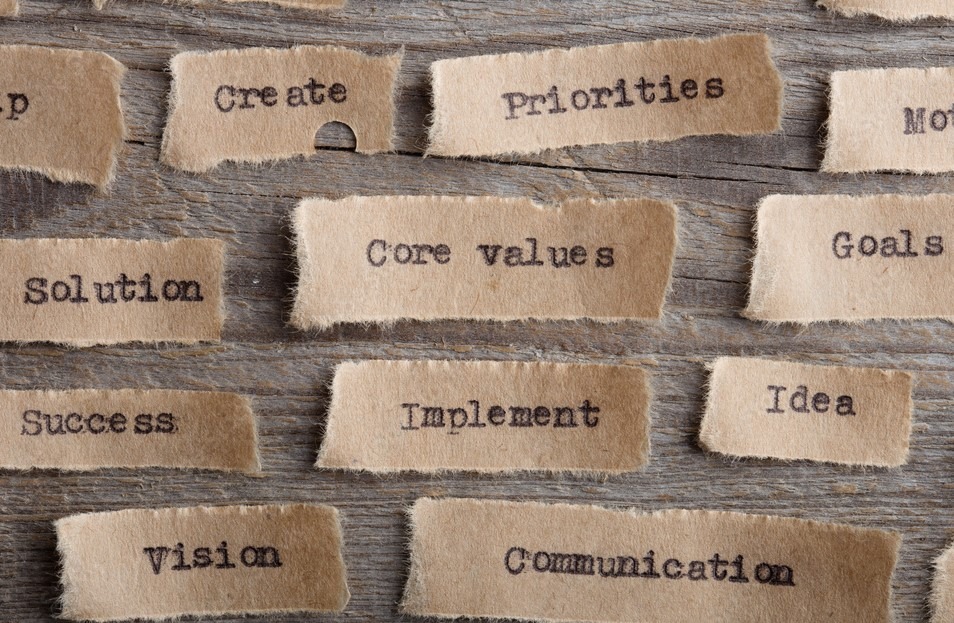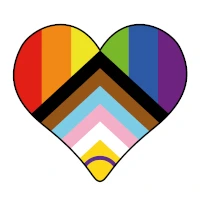If you’ve tried to find help for your panic attacks (sometimes called anxiety attacks), it’s likely you’ve run across the advice to breathe deeply. Panic attacks can be terribly frightening. Being told to breathe deeply can feel intensely invalidating, especially if you feel like you’re going to die. Maybe, when you’re in the midst of a panic attack, all you can do is concentrate on how you can’t seem to breathe at all!
First, let’s demystify panic attacks. Once you have all the facts, you can decide whether or not to give deep breathing a second chance.
The Skinny On Panic Attacks
Panic attacks occur when the sympathetic nervous system (SNS) is activated in the absence of a viable threat. In other words, you get super scared when there doesn’t seem to be a good reason for it. We’re going to get a bit technical, so hold on to your paper bag–it’ll come in handy later.
Like a lit match to a firecracker, when there is an actual danger, your SNS explodes with a response. In effect, a defense mechanism is triggered. The SNS gives you the heightened abilities that you’ll need to cope with a dangerous threat. Those new superpowers include scanning your surroundings in search of threats and preparing your body for physical activity to flee or fight danger.
Prepare To Meet Your Match!
The explosion response of the SNS starts with a release of adrenaline. Adrenaline speeds up your heart rate and leads to rapid breathing (which can feel like a shortness of breath). All of this promotes sweating, which increases your grip and helps with heat loss. So basically, you’re a hot-hyperventilating mess with a good grip. Sexah. Now all this is awesome, as long as you use it for Kung-Fu-fighting off an attacker or Usain Bolt-ing from a fire. If you’re expending the energy of your new superpowers, then it’s all good–no panic attack.
Lots Of Gusto, No Show And You Might Hit The Flo
Okay we’ll leave rappin’ to the pros.
Now, if you’re not using up the energy created by the SNS, it’ll lead to some pretty freaky feelings and sensations. The rapid breathing (hyperventilation) leads to a drop in carbon dioxide levels in the lungs and then the blood. The drop produces changes in your blood’s pH levels. A more alkaline blood actually encourages your nerves to start overreacting. You might feel tingling, numbness, dizziness, burning, and light-headedness. If your nerves are really misbehaving, you might even get some spasms in your hands and lips.
Another note on dizziness and light-headedness. Remember the adrenaline rush? Well, adrenaline causes your blood vessels to tighten up, which means less blood flows to your head, which, you’ve got it, leads to dizziness. It might feel like you’re going to pass out, so that feels hello-awful.
The way the SNS responds to a potential threat reminds me of a song by The Fix, “One thing leads to another”. Actually–the whole song reminds me of one big panic attack. Anyways, moving right along.
In extreme situations, the combination of high arousal in the brain and decreased blood and blood sugar to the brain causes a short-circuit of sorts. When this happens it can feel like you, or your world, is very far away or even unreal.
Now, if you didn’t know about all this stuff, it’s totally understandable that you’d think you’re going to die or you’re going crazy!
Help Right Now
It might take a few days before you can book your face-to-face, 50 minute risk-free consultation, with one of Edmonton’s best psychologists so we want to give you some tips to help you right now.
- When you begin to notice the first signs of a panic attack, do breathe! Not any ol’ breathing will do tho. Enclose your nose and mouth with both of your hands, make a seal and breathe deeply (or if you have a paper bag, go get it! You didn’t believe me, did you?). Remember we want to increase that carbon dioxide to stop the chain reaction that occurs in your body, and that’s the reason for deep breathing.
- Get rid of caffeine! If you must have a coffee, tea or soda choose a decaf or caffeine-free option. Caffeine gets your heart a pumpin’ like Mary J Blige’s Family Affair.
- While you’re listening to some classic dance grooves, get moving! Increase your activity level, not just during a panic attack, but everyday. FACT: Regular exercise decreases anxiety, so do it.
- Find your pillow and make it a point of getting some rest. If you increase exercise, you’ll sleep better. When you sleep better, you’re less likely to be anxious throughout the day.
- Get around some people you love and have fun with. If you can’t find those, go to your local coffee shop (decaf please) and people watch. Just being around people will help you feel better.
- Lastly, if your panic attacks and anxiety are getting the best of you, get help from a professional. We’d love for you to see us, but if you can’t, then get your ass to some other therapist–we want you to start feeling better!
- In the meantime, breathe. It’s going to be okay.
Good News Coming Your Way
We want you to have some good news. Even though these experiences can be terrifying, they’re not dangerous to your physical well-being and are not a sign of serious mental illness. Oh, and PANIC ATTACKS ARE HIGHLY TREATABLE. We can help!
